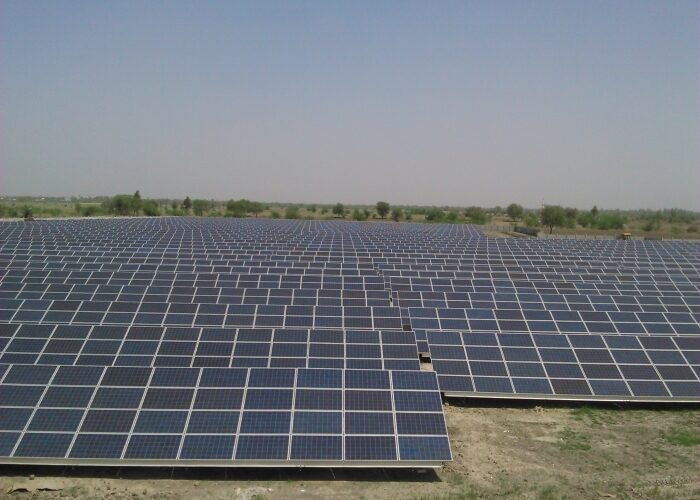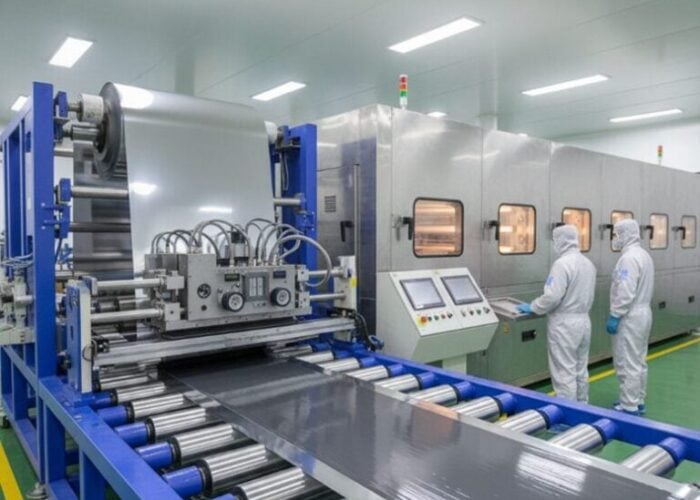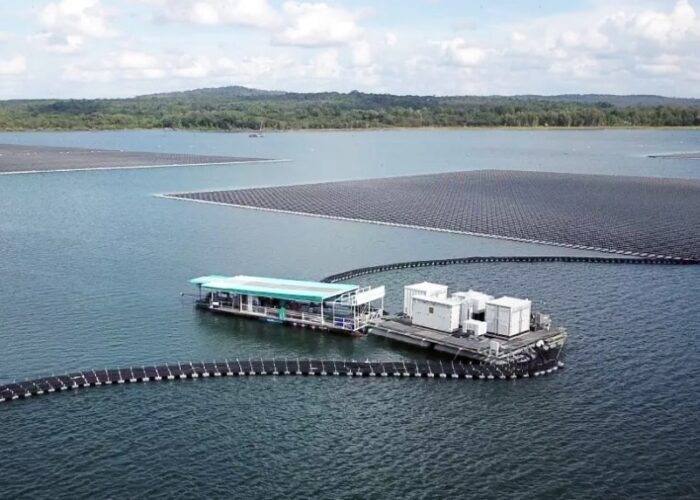India’s Ministry of new and Renewable Energy (MNRE) has issued guidelines on how to conduct testing on solar PV modules in test labs.
This comes as part of the implementation of Solar Photovoltaics Systems, Devices and Component Goods Order 2017, which imposes standards on certain PV equipment across India, and more recently energy storage products.
Try Premium for just $1
- Full premium access for the first month at only $1
- Converts to an annual rate after 30 days unless cancelled
- Cancel anytime during the trial period
Premium Benefits
- Expert industry analysis and interviews
- Digital access to PV Tech Power journal
- Exclusive event discounts
Or get the full Premium subscription right away
Or continue reading this article for free
The guidelines cover testing crystalline and thin-film, including bifacial technology.
For a quantitative selection of samples, MNRE suggests taking a total of eight modules at random from production batches. Among a range of instructions, MNRE said that modules should contain the bypass diode wherever applicable, but in the case of the modules having a sealed junction box the client should provide one extra module with access to the diode for conducting the bypass diode test.
Modules should be clearly marked with details such as model number and nominal wattage, while module suppliers must also provide details such as maximum system voltage or the module will not be accepted by the testing house.
For module safety qualifications, a total of seven modules should be tested with the module manufacturer supplying its bill of materials and fabrication.
MNRE also outlined a procedure for retesting, in the case of a change in certain factors such as cell technology, a modification to encapsulation system, modification to the substrate, increase in module size, modification to back sheet material and so on.
For fire tests, the necessary number of fire test samples will depend on the size of the PV panel and fire safety class declared by the manufacturer. For this, another three modules are required to be submitted to the test lab.
Different brands are required to be registered separately unless the product and the manufacturing location are the same.






